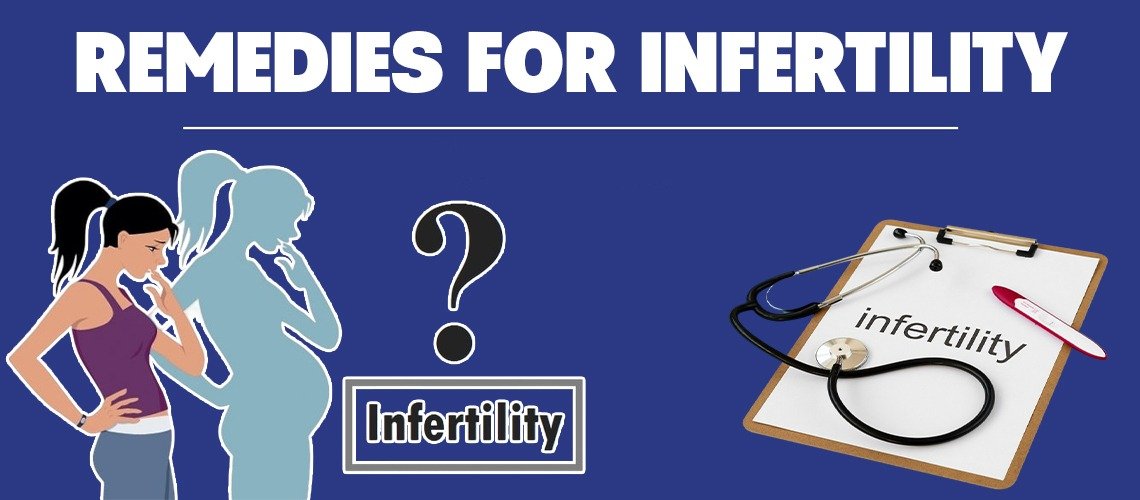Remedies for Infertility
Remedies for Infertility involve making dietary and lifestyle adjustments that support reproductive health. Including antioxidant-rich foods such as fruits, vegetables, nuts, and whole grains is beneficial as they combat free radicals that can damage sperm and egg cells. While antioxidants can also be obtained through supplements, it’s important to choose reputable brands due to varying quality.
For individuals with polycystic ovary syndrome (PCOS), consuming a substantial breakfast can help balance hormones and potentially improve fertility. Omega-3 fatty acids found in sources like fish, flax seeds, and walnuts are essential for reproductive health. Managing carbohydrate intake, particularly reducing refined carbs, can help regulate insulin levels, which are critical for proper egg maturation and ovulation.
Fiber-rich foods such as whole grains, fruits, and vegetables contribute positively to fertility by reducing inflammation and enhancing overall health. Protein sources in diets resembling the Mediterranean style, which prioritize fish over red meats, may improve fertility outcomes, particularly in treatments like assisted reproductive technologies.
Moderate dairy consumption, contrary to past concerns, does not appear to negatively impact fertility and can provide important nutrients like vitamin D. Prenatal vitamins, although not FDA-regulated, are commonly recommended to support fertility with higher levels of essential vitamins.
Regular moderate exercise benefits both male and female fertility, while excessive intensity should be avoided. Managing stress levels is crucial since stress can disrupt menstrual cycles and fertility.
Although research on caffeine’s direct effects on fertility is inconclusive, limiting intake is generally recommended. Maintaining a moderate weight and ensuring adequate iron levels are also pivotal, as both extremes—underweight and overweight—can adversely affect fertility. High alcohol consumption should be minimized or avoided altogether due to its known negative impact on fertility.
While bee products like pollen and royal jelly have historical use for fertility enhancement, their effectiveness lacks robust human research support. Consulting healthcare professionals is crucial for personalized guidance, especially for individuals dealing with persistent fertility challenges that may require specific medical interventions.

